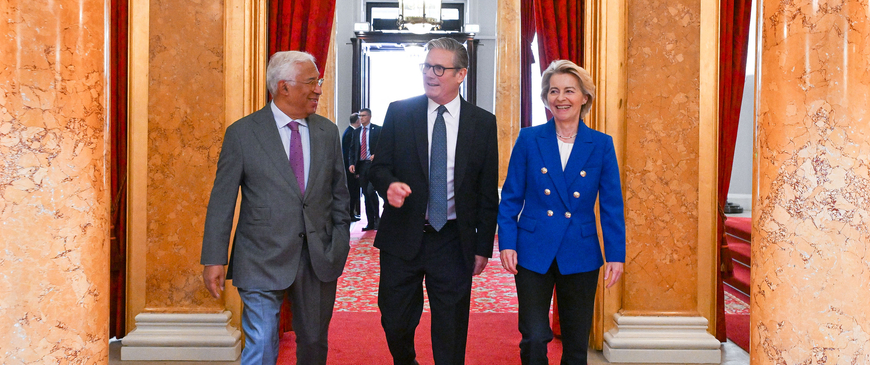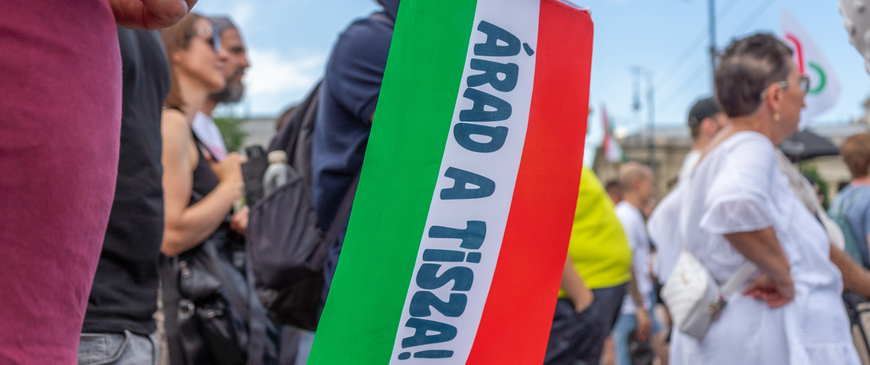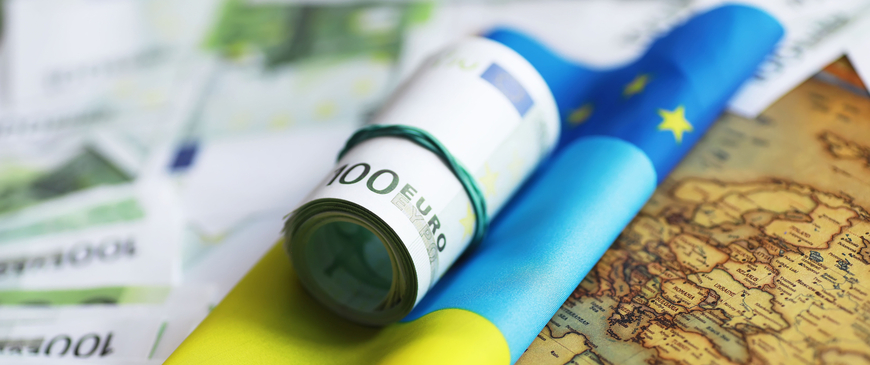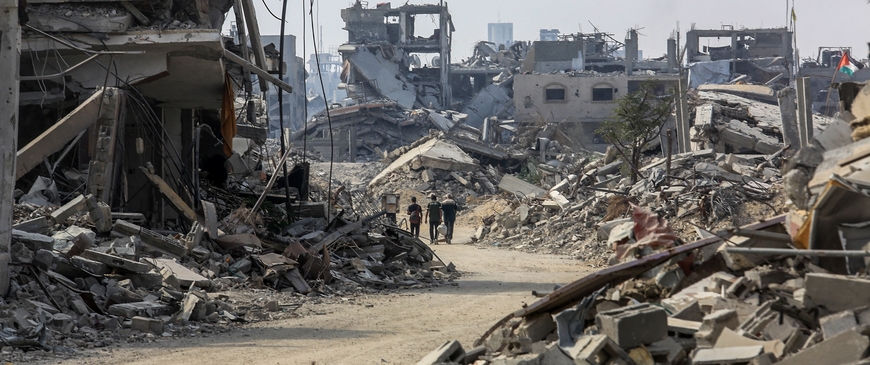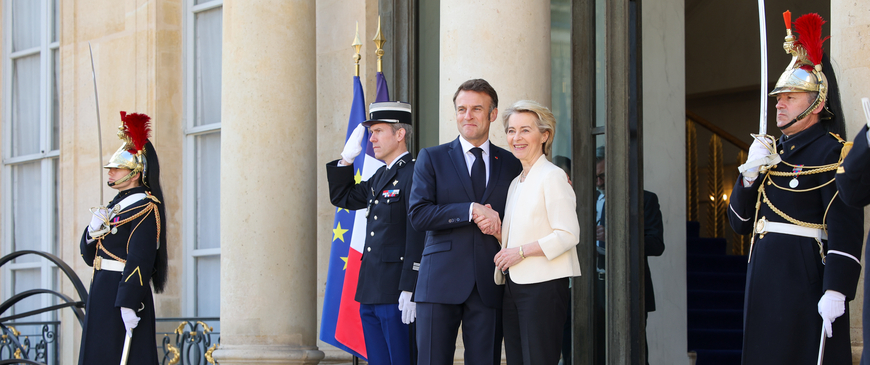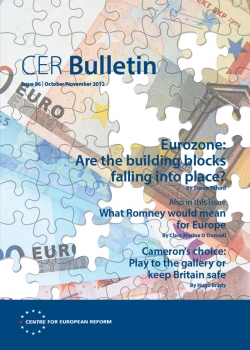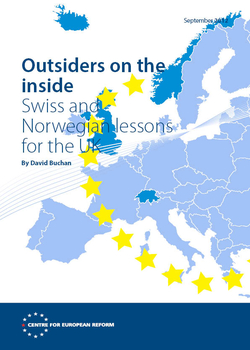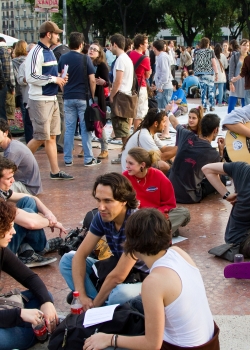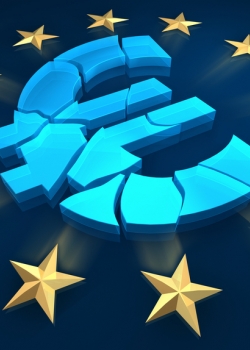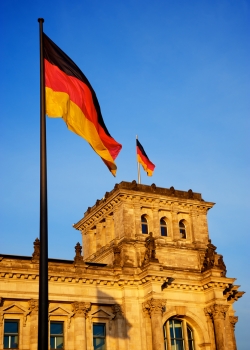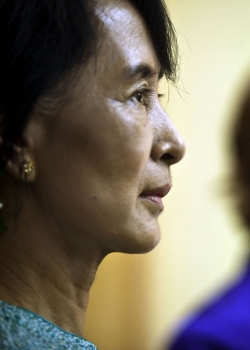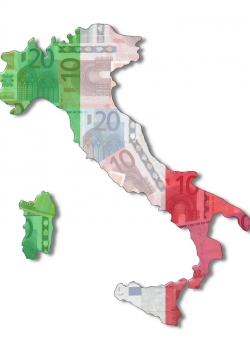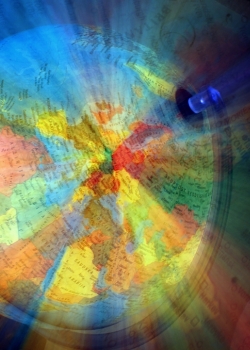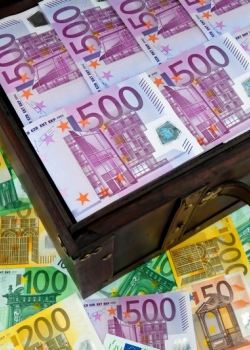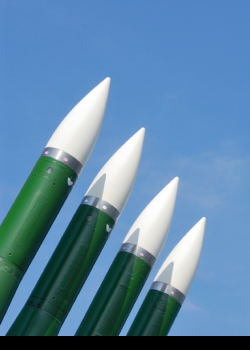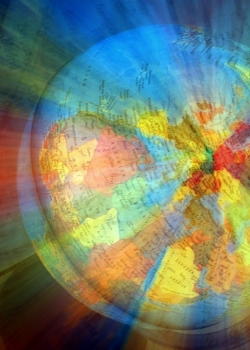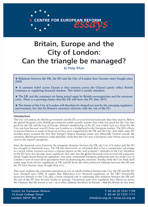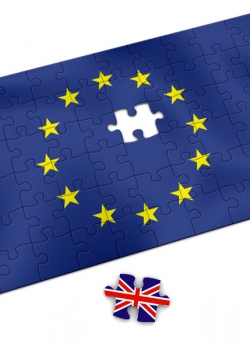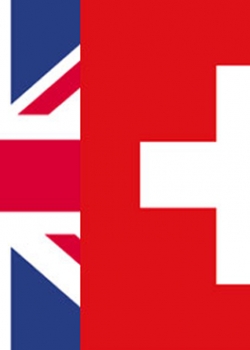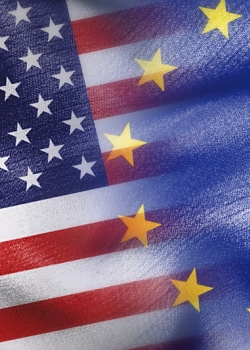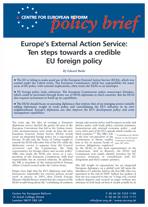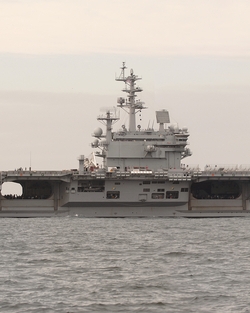Research
Issue 86 - 2012
26 September 2012
- Eurozone: Are the building blocks falling into place?, Simon Tilford
- What Romney would mean for Europe, Clara Marina O'Donnell
- Cameron's choice: Play to the gallery or keep Britain safe, Hugo Brady
Hollande, the Germans and 'political union'
25 September 2012
François Hollande wants a more equal Franco-German relationship. But tensions over managing the eurozone crisis and reforming EU treaties are straining that relationship.
Outsiders on the inside: Swiss and Norwegian lessons for the UK
24 September 2012
The Norwegian and Swiss association agreements with the EU increasingly frustrate many Norwegians, Swiss and the EU itself. They do not provide an attractive template for the UK.
Time for a European Civil Liberties Union?
21 September 2012
Liberty and the rule of law in central and eastern Europe needs a champion. A European Civil Liberties Union is part of the answer.
How seriously can investors take Draghi's assurances?
31 August 2012
The ECB's upcoming programme of government bond purchases will not be big enough to dispel investors' fears that troubled euro members might quit the currency union.
Will a new German constitution save the euro?
29 August 2012
German politicians from government and opposition want a referendum on a new pro-European constitution. But this does not mean that Berlin is preparing for eurobonds.
Burma: An EU foreign policy success
23 August 2012
Burma's rulers could not modernise its economy unless the EU lifted sanctions. But the EU insisted on political reform, which is now happening.
The Commission should stand firm on Iceland's accession negotiations
08 August 2012
The world's longest running democracy would be a welcome member, but the EU should not lower standards on fishing or whaling to encourage Iceland to join.
Can 'good Italy' triumph over 'bad Italy'?
01 August 2012
The euro may not survive unless Italy's reformers defeat those attached to privilege, monopoly, corruption and clientelism.
Europe needs a Rooseveltian break with fear
27 July 2012
The EU has four freedoms – for the movement of goods, services, capital and people. Today, it needs a fifth: the freedom from fear. The euro has become a political doomsday machine, a time-bomb that threatens to destroy the great achievements of European integration: peace, political stability and the creation...
A banking union – it is necessary, but is it likely?
27 July 2012
Could the EU's summit of June 29 come to be regarded as a watershed? Following umpteen crisis summits that have failed to tackle the root causes of the eurozone crisis, EU leaders finally got to the heart of the matter: the need to break the vicious interaction between weak banks...
Is the Franco-British defence treaty in trouble?
27 July 2012
In 2010, France and Britain agreed to strengthen defence collaboration, mainly to save money through common research and acquisition of military equipment. The economic crisis forced their hand: they needed greater economies of scale to preserve certain capabilities in the face of smaller defence budgets (which Britain cut two years...
Issue 85 - 2012
27 July 2012
- Europe needs a Rooseveltian break with fear, Hugo Brady
- A banking union – it is necessary, but is it likely?, Philip Whyte
- Is the Franco-British defence treaty in trouble?, Tomas Valasek
Britain, Europe and the City of London: Can the triangle be managed?
20 July 2012
The City of London's future will be shaped not just by a tougher regulatory environment, but also by uncertainties about Britain's relations with the EU.
What Central Europe thinks of Britain and why
16 July 2012
Britain's plans to repatriate powers back from the EU require unanimous approval from other member-states. But not even the closest allies are prepared to give it.
Has the eurozone reached the limits of the politically possible?
12 July 2012
The limited measures agreed at June's summit are unlikely to take effect, suggesting that the eurozone has already reached the limits of the politically possible.
Britain should not go Swiss
10 July 2012
Some British eurosceptics want the UK to be like Norway and Switzerland: semi-detached from the EU. They should be careful what they wish for.
Are Europeans a better transatlantic security partner than meets the eye?
06 July 2012
Europeans are less willing to use military force than their US allies. But they are still making significant contributions to global stability.
Europe's External Action Service: Ten steps towards a credible EU foreign policy
04 July 2012
The EU's new diplomatic service has been widely criticised. Although the EEAS has achieved more than many acknowledge, it can still do a lot better.
The implications of military spending cuts for NATO's largest members
01 July 2012
Brookings
There have long been debates about the sustainability of the transatlantic alliance and accusations amongst allies of unequal contributions to burden-sharing. But since countries on both sides of the Atlantic have begun introducing new – and often major – military spending cuts in response to the economic crisis, concerns about...

